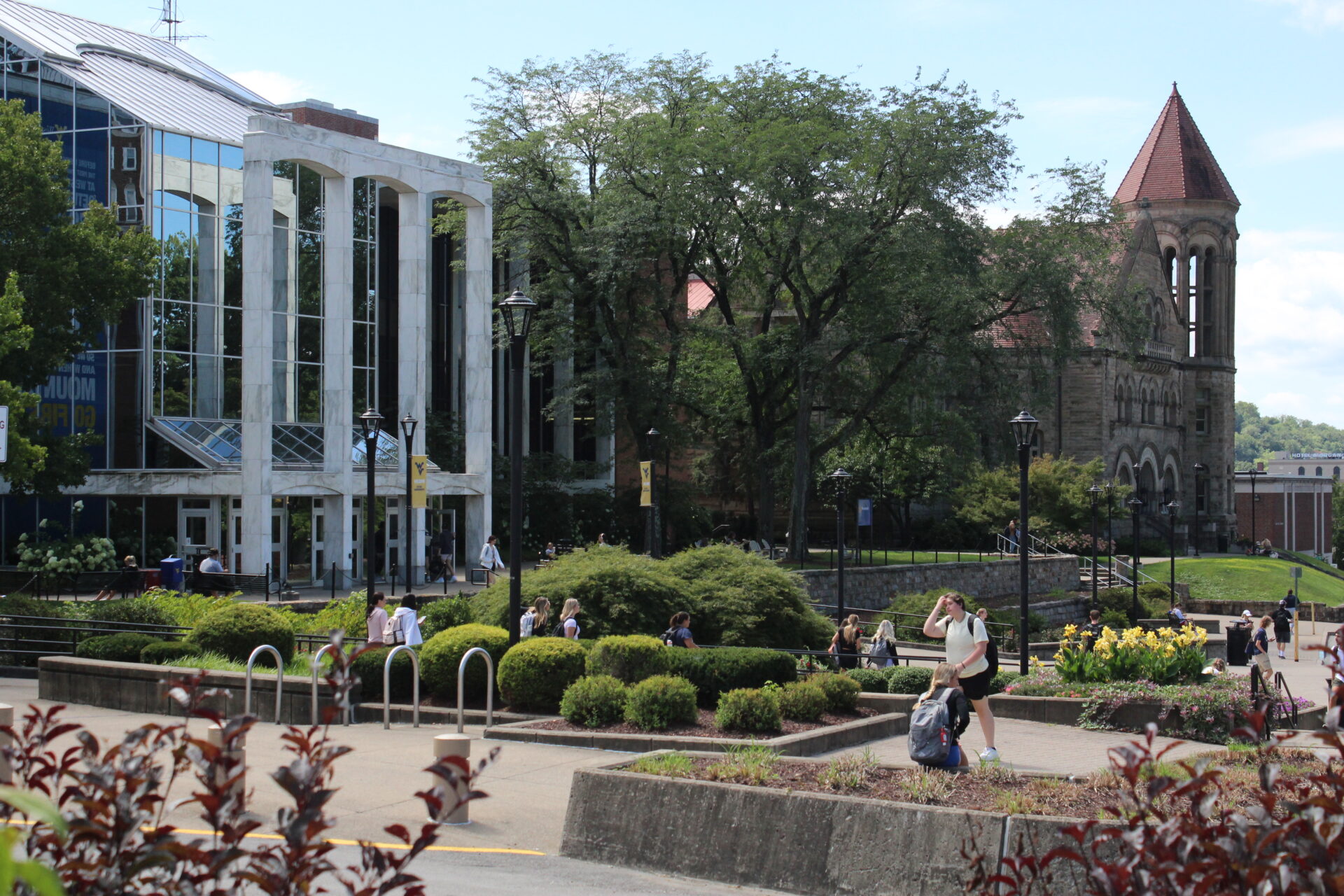Two international students attending West Virginia universities will be permitted to stay in the United States following visa concerns, the American Civil Liberties Union of West Virginia (ACLU) announced Friday.
In recent weeks, more than 1,200 international students across the United States had their visas revoked for appearing in criminal record checks, including at least 10 students in West Virginia. But an outpouring of lawsuits has led the federal government to reverse course.
Federal immigration officials announced Friday it will restore the visa status of students flagged in its record check, at least temporarily. ICE plans to revisit its review process and reconsider individual cases after an outpouring of similar lawsuits.
“ICE is developing a policy that will provide a framework for … record terminations,” government lawyers said in statements obtained by the Associated Press. “Until such a policy is issued…. plaintiffs in this case and other similarly situated plaintiffs will remain active, or shall be reactivated if not currently active.”
Two of the lawsuits came from the state’s ACLU chapter. The first was filed April 18 on behalf of a Marshall University graduate student whose visa had been revoked over a 2020 misdemeanor charge for driving under the influence of alcohol. A federal judge issued a temporary restraining order this week allowing the student to remain in the United States.
The second lawsuit was filed Thursday on behalf of Sajawal Ali Sohail, a computer science major at West Virginia University (WVU) from Pakistan.
Filed in the U.S. District Court for the Northern District of West Virginia, that lawsuit challenged the grounds for revoking Sohail’s F-1 student visa, because he has never been convicted of a crime.
In 2023, Sohail’s family was scammed into paying a man who offered to front Sohail’s college tuition — unknowingly using stolen credit cards. He was initially charged for the scam, but the charges were later dropped when police determined Sohail to be a victim of the fraud, not its perpetrator, according to the ACLU.
In the lawsuit, the ACLU asks the northern U.S. district court to assume jurisdiction over the case and restore Sohail’s student visa status.
“We’ve heard time and again from the Trump administration that they only want to remove criminals from the country, but we know that simply isn’t the case,” said ACLU Executive Director Eli Baumwell in a Thursday press release. “It’s obvious the administration has embarked on a policy of mass terminations regardless of the facts.”
“This is positive news not just for our two clients in West Virginia, but for international students across the country,” the state’s ACLU chapter said in a subsequent press release Friday. “We are continuing to monitor the situation closely, particularly the announcement that ICE will be developing new policies for revoking legal statuses.”
